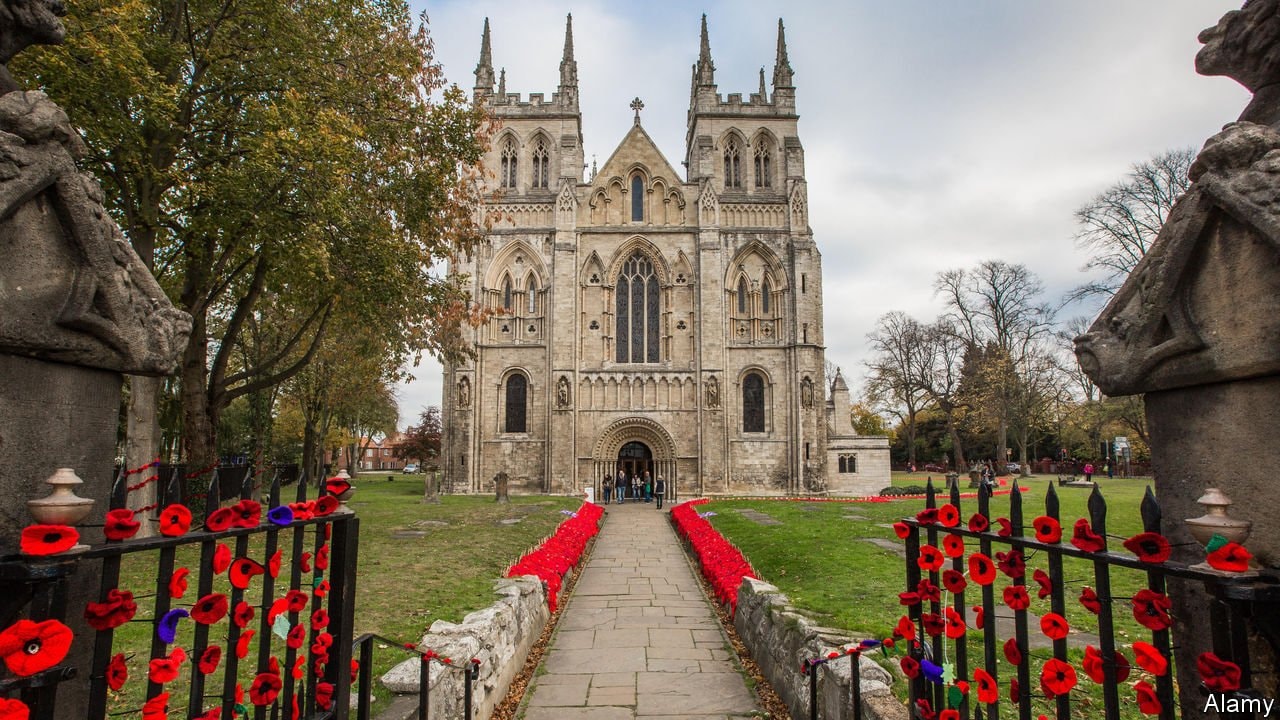A fascinating poll caught my eye the other day, which claimed that younger adults are more likely to pray than older generations. The survey commissioned by the Church of England revealed that nearly half of UK adults have prayed, but found wide disparities between the generations.
The survey said that nearly six in 10 (56 per cent) of 18 to 34 year olds say they have ever prayed, with a third (32 per cent)saying that they had prayed at least once in the last month.
By contrast, four in 10 (41 per cent) of the 55+ age group said they had ever prayed, with just a quarter (25 per cent) saying they had prayed at least once in the last month.
The Savanta ComRes survey of over 2,000 UK adults found half of all adults (48 per cent) had ever prayed with just over a quarter (28 per cent) saying they have prayed in the last month.
Drilling down into the figures reveal that common topics for prayer included: “friends and family” (69 per cent), “people they know who are sick” (54 per cent), “to give thanks” (51per cent), “for people I know with problems in their lives” (47 per cent), for guidance in difficult times” (45 per cent), “for forgiveness” (43 per cent), the situation in Ukraine (32 per cent) and “my community” (22 per cent).
The Revd Dr Stephen Hance, National Lead for Evangelism and Witness for the Church of England, said the findings: “…really challenge the all-too-common assumption that young people are not interested in faith or spiritual things.
“In fact they show us that – more than simply being interested in spirituality – they are already exploring it in practice, to a greater extent than their elders.
“In an age when mindfulness and meditation are more popular than ever, prayer makes sense to people.
“And with pressures mounting and people of every generation facing huge uncertainty, many people of all ages are drawing strength from God in prayer.”
The survey results certainly seem to reflect the experience of other faith groups, indeed evangelical and Pentecostalchurches in the UK have been growing over the last two decades.
One study reported that the number of Pentecostal congregations leapt from 2,500 congregations in 2000 to 4,200 in 2020, while another report said that nearly 900 new churches, mainly evangelical were started in the UK between 2015 and 2020.
Everything however is not completely rosy. The impressive sounding number of new churches should of course be set against church closures totalling some 1,900 over the same period and an increasingly ageing congregation in the established Church.
But it does suggest that far from the UK losing its faith as some have claimed the so-called newer churches are growing strongly and catering for a deep need for faith and belief felt by young people.
But why might this be the case?
We asked Ciarán Kelly from The Christian Institute to share his views:
“It does seem that churches which remain faithful to the Bible tend to grow, whereas those which abandon it, or water it down, do not.
“We’re not engaged in a popularity contest. It’s not the job of the Church to reflect society, but to lead it towards the truth of the Gospel: we are all sinners in need of a Saviour and, wonderfully, God has provided one in Jesus Christ. If the Church allows itself to be moulded to the fads and fashions of the day, it ceases to have anything of eternal value to offer to a society crying out for purpose and meaning.
“These figures indicate a yearning among young and old for something, indeed Someone, greater than themselves; a reality that cannot be answered by ‘my truth’ or ‘my lived experience’. Churches need to be bolder in stating that the answer to this ‘God-shaped hole’ is only found in Jesus.
“This may not be a popular message in an age which struggles to accept objective truth, especially because it so radically rejects the modern mantras of secular humanism. But that is the message the Christian Church is called to deliver.
“And it’s not one to be confined to the walls of our churchbuildings – it is for the good of all people. That’s why it’sright for Christians to make their voices heard in the public square. We have something worthwhile to say on the big issues of the day. And not just those traditionally associated with the Church like tackling poverty, but also the transgender debate, same-sex marriage, abortion, assisted suicide and the moves to ban prayer and preaching under the guise of a ‘conversion therapy’ ban.
“These are critical issues on which the Church needs to speak out. It is not surprising that churches which do so clearly and with compassion are the ones that best connect with peoplecrying out for the truth.”
ENDS


